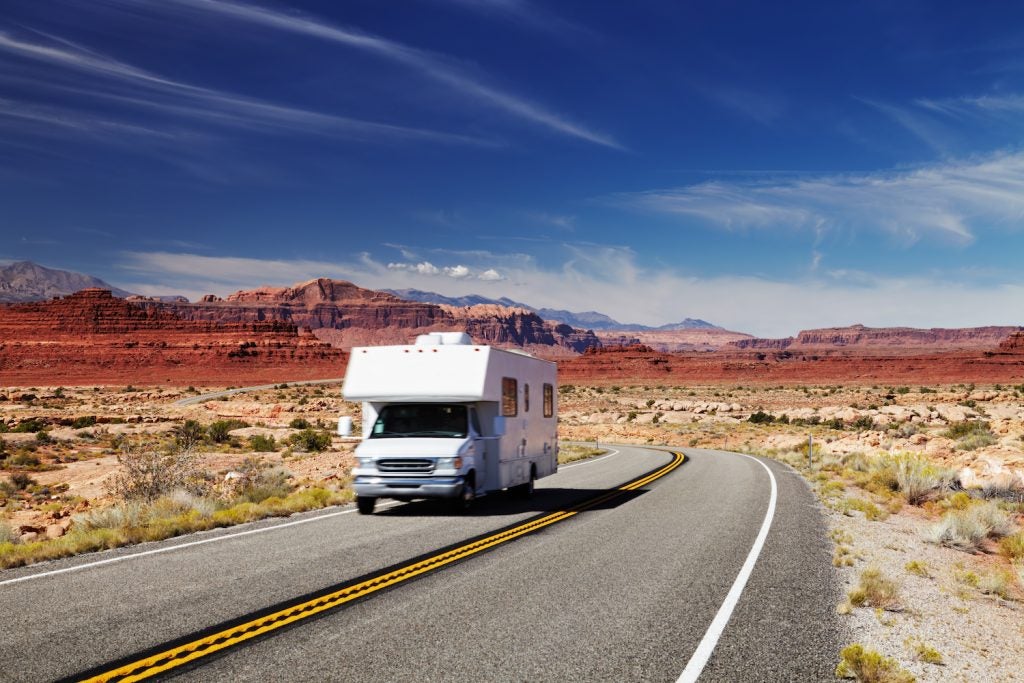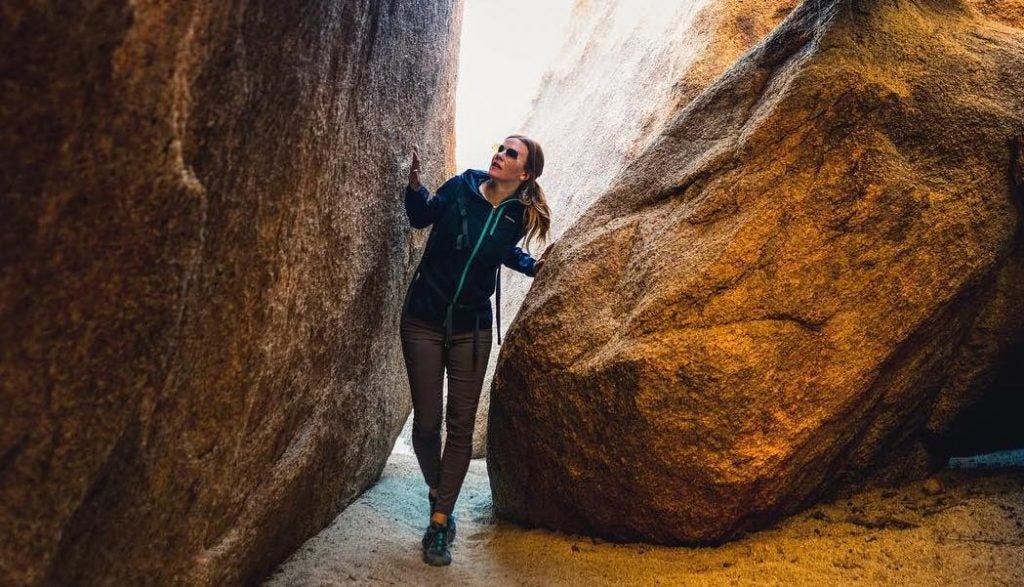Campfires are a celebrated camping ritual. But the presence of fire in wild places also leaves room for the potential of forest fires. While forest fires can be good for the health of a forest, they are also incredibly dangerous when they aren’t expected or controlled.
Lightning naturally starts some wildfires, but unfortunately that isn’t the cause of most. Currently, humans are the leading cause of wildfires in the United States, contributing to the onset of more than 80% of them. The Eagle Creek Fire, which burned thousands of acres along the scenic Columbia River Gorge and shut down miles of trails, was started because a 15-year-old boy was lighting fireworks during a burn ban. He was ordered by a judge to pay nearly 40 million dollars in restitution. More recently, the 416 fire in Colorado’s San Juan National Forest burned thousands of acres, and the national forest shut down for the first time in its 113 year history. Rangers were hoping to deter visitors away from the area until moisture increased, because the risk of even one unattended campfire in those conditions was just too great.
You Can Help Prevent Forest Fires
The good news is you can help prevent forest fires and still enjoy the warmth of a campfire. We’ve compiled a list of 8 short, simple, and altogether crucial steps that you can take on your next camping trip to drastically reduce the threat of a forest fire getting started on your watch.
1. Read Campground Rules
Some campgrounds may not allow campfires, and some might only allow them during particular seasons. Read the rules of the campground you are staying at closely. This ensures that you aren’t starting a campfire during a season when a fire hazard is more likely.
2. Keep an Eye Out
Don’t be nosy, but do be aware of the campers and campfires around you. If you see something happening that shouldn’t be, let your camp host know first. Fellow campers might not be aware of a specific rule or the proper way to do things. It shouldn’t be ignored, but it should be handled politely.
It might be an opportunity to kindly mention the rule, or if the camp host isn’t available, you could offer to show them the right way. Explain the why behind it. We are all responsible for preventing fires.
3. Keep Fires in Fire Rings
This might seem obvious, but it is always a good reminder. Use designated fire rings for your campfire at campgrounds that provide them. If you are camping at a site with no fire ring, then it is important that you build one correctly. This can often by done by collecting some big rocks and building your own fire ring. Ensuring that you start and maintain the fire correctly is also important.
Before you go camping, know how to build a campfire that is safe and responsible.
4. Never Leave Your Fire
Never leave your fire unattended. This one might also seem redundant, but people sometimes forget. Things can get out of hand unexpectedly. It isn’t likely, but it can happen. Always put your fire out completely before going to sleep or leaving your campsite. Let the fire burn down and then cover it with sand or dirt.
Related Reading:
Don’t Be That Camper: Helpful Advice From Campground Hosts
5. Thoroughly Distinguish Your Fire
A lack of active flames does not mean that a fire is actually out. The coals can stay hot for hours, making it possible for another fire to kindle, or a single spark could escape and start a fire. It takes time to put a fire out completely, so you should plan accordingly. Get started at night before you are too tired to do a good job, and leave time in the morning to get the job done right.
When the fire has died down drench it with water. Move the logs, rocks, and coals in the fire pit around with a stick to make sure that all of the embers are extinguished. You can always add more water–and we recommend that you do. Everything should be wet. The U.S. Forest Service also advises that you wait to leave until the campfire ring is cool.
6. Cook Electric
Cooking over the campfire is delicious and fun when the circumstances are right. Consider who you are camping with (kids? pets? rowdy uncles?) and decide wether that method of meal preparation is the right one for your trip. When things get hectic, food can get tossed around and burns can happen. An easy solution is an electric burner that you can bring along on your trip. This is easy and prevents any potential fire hazards. If you do opt to cook over the fire, be sure to keep a close eye on things.
7. Dispose Properly
Dispose of all flammable material that you may have with you correctly. This pertains largely to items such as cigarettes and matches. Never toss them into a bag of garbage or the grass while they’re still hot. It is always best to be overly cautious.
8. Skip Fireworks
Some states don’t allow fireworks at all, while others only allow them in certain areas and during certain seasons. However, to be frank, it is probably best to skip them altogether, regardless of where you are on your camping trip. Fireworks cause a lot of forest fires, including the big Eagle Creek Fire that wreaked havoc on the Columbia River Gorge between Oregon and Washington in 2017. They can be disastrous in the hotter months especially. Aside from the risk of fire, they are also loud and disruptive to local wildlife and other campers.
Related Reading:
Columbia River Gorge Hikes: 14 Trails That Are Open This Summer
9. Contain Gasoline
Gasoline is highly flammable. Most of us drive to our campsites so this is something to always keep in mind. Never park your hot car on dry grass. If you have a camp site with little shade, try to keep your car on the pavement or gravel as much as possible. Also, be sure that any containers you might have which contain gasoline are sealed tightly and stored appropriately.
The Dyrt is the only camping app with all of the public and private campgrounds, RV parks, and free camping locations in the United States. Download now for iOS and Android.Popular Articles:
Articles on The Dyrt Magazine may contain links to affiliate websites. The Dyrt receives an affiliate commission for any purchases made by using such links at no additional cost to you the consumer.



